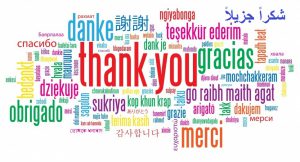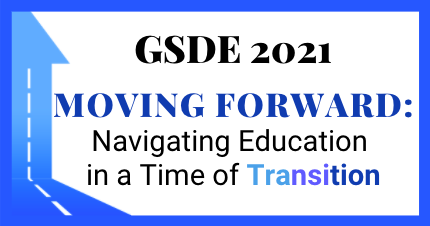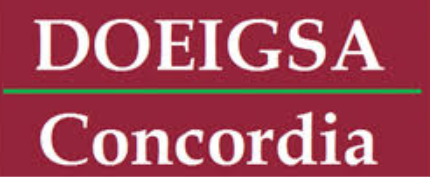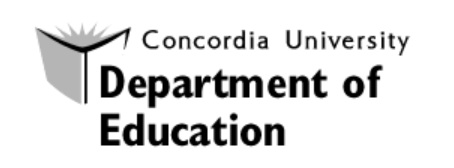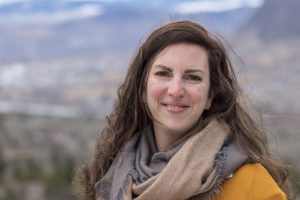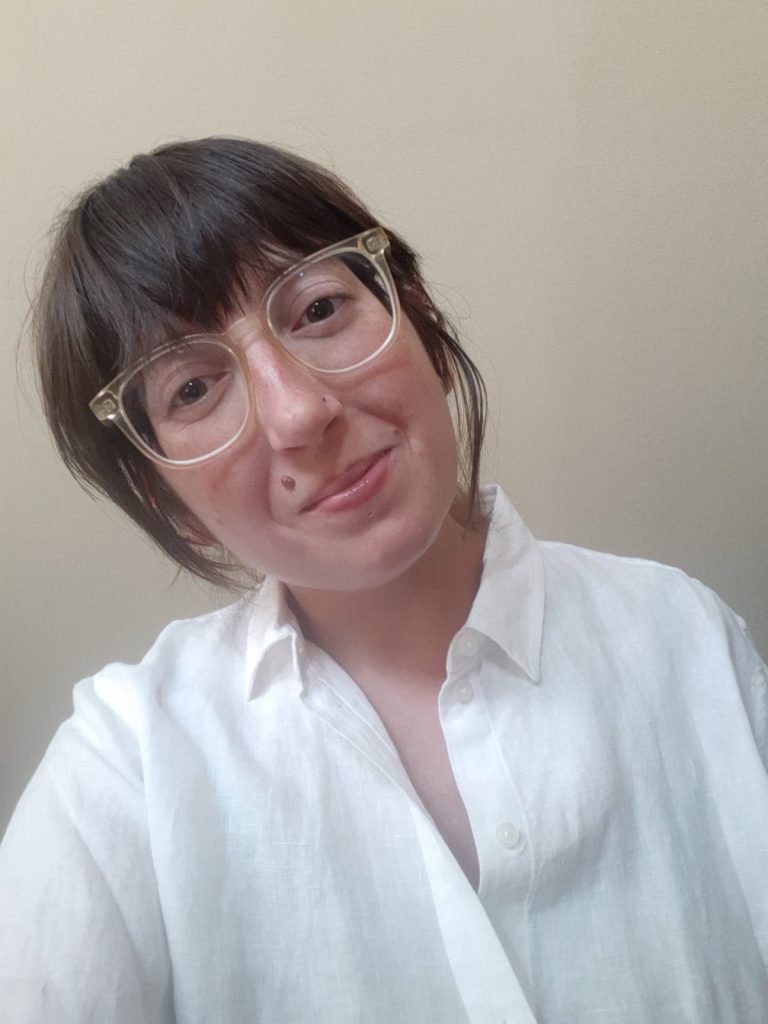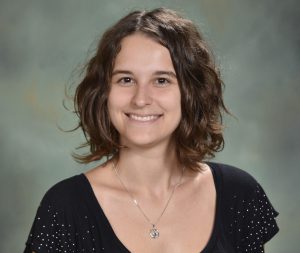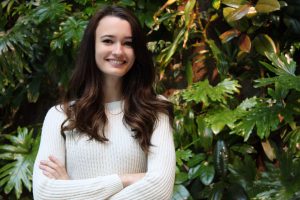Title: Introducing a walking and art-based anti-racist pedagogy
As three language/art educators and researchers committed to anti-racism, we seek to explore how walking and art-making help us reflect, inquire, create, and act upon new understandings of anti-racist education. Living in three different cities (Edmonton, Vancouver, and Palermo), we collaborated on a walking-based art inquiry for ten weeks in the summer of 2020, combining walking, art-making (photography, painting, mixed-media collage, screenprinting, and poetry), reflecting, and discussing. We were curious to investigate, both individually and collaboratively, what an anti-racist curriculum looks and feels like to us, and what walking and art-making might do in the process of learning and teaching. We situated our project in an arts-based research paradigm (Conrad & Beck, 2015), and we were inspired by Feinberg’s (2016) walking-based pedagogy and Judson’s (2018) walking curriculum. This presentation features the artistic experiments we created, as well as curricular insights that emerged from our process, for example, that walking and art may serve as dehabituating forces to help us openly feel, question, protest, and reimagine education from intersecting perspectives of race and language.
Presenters
